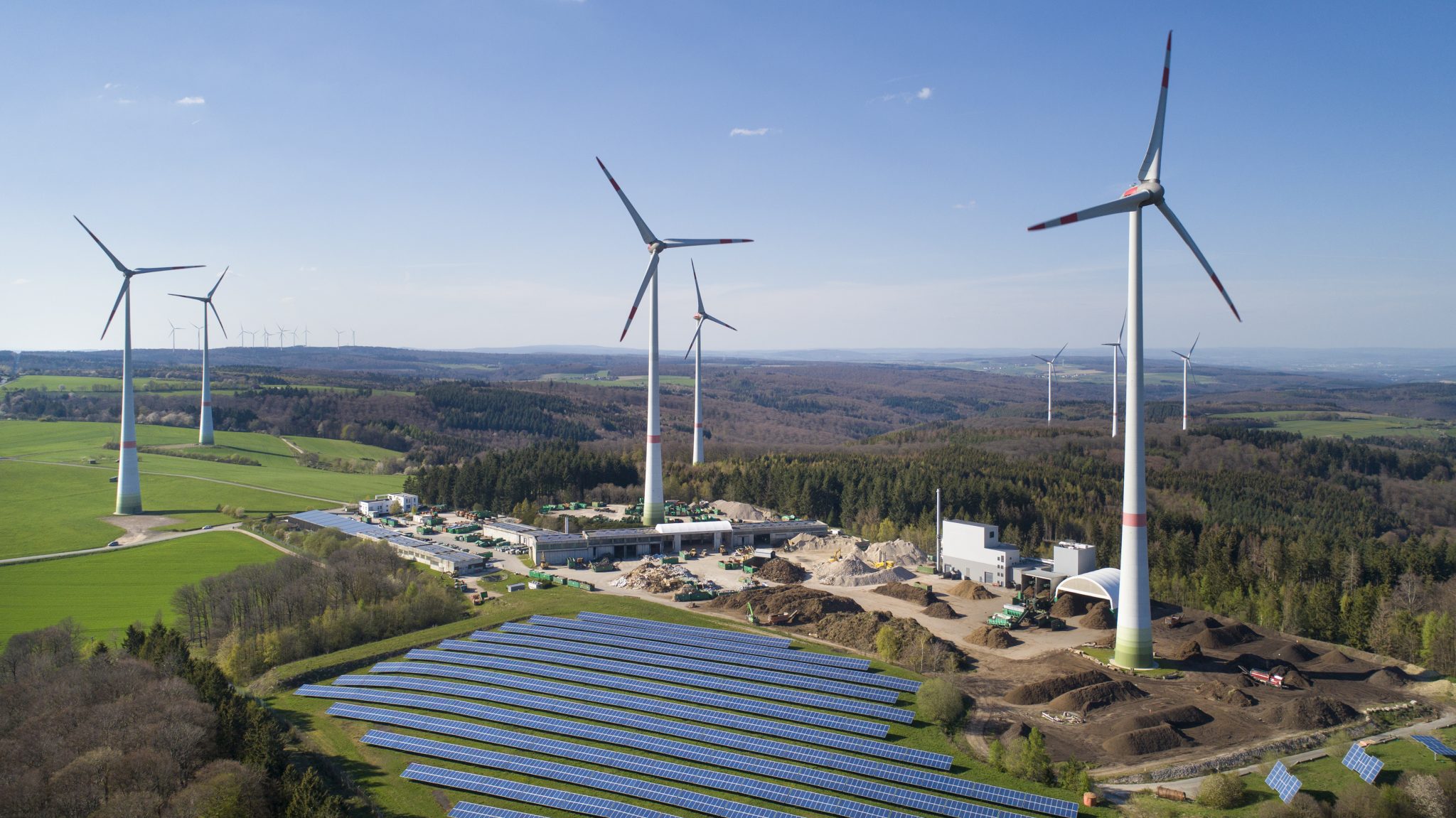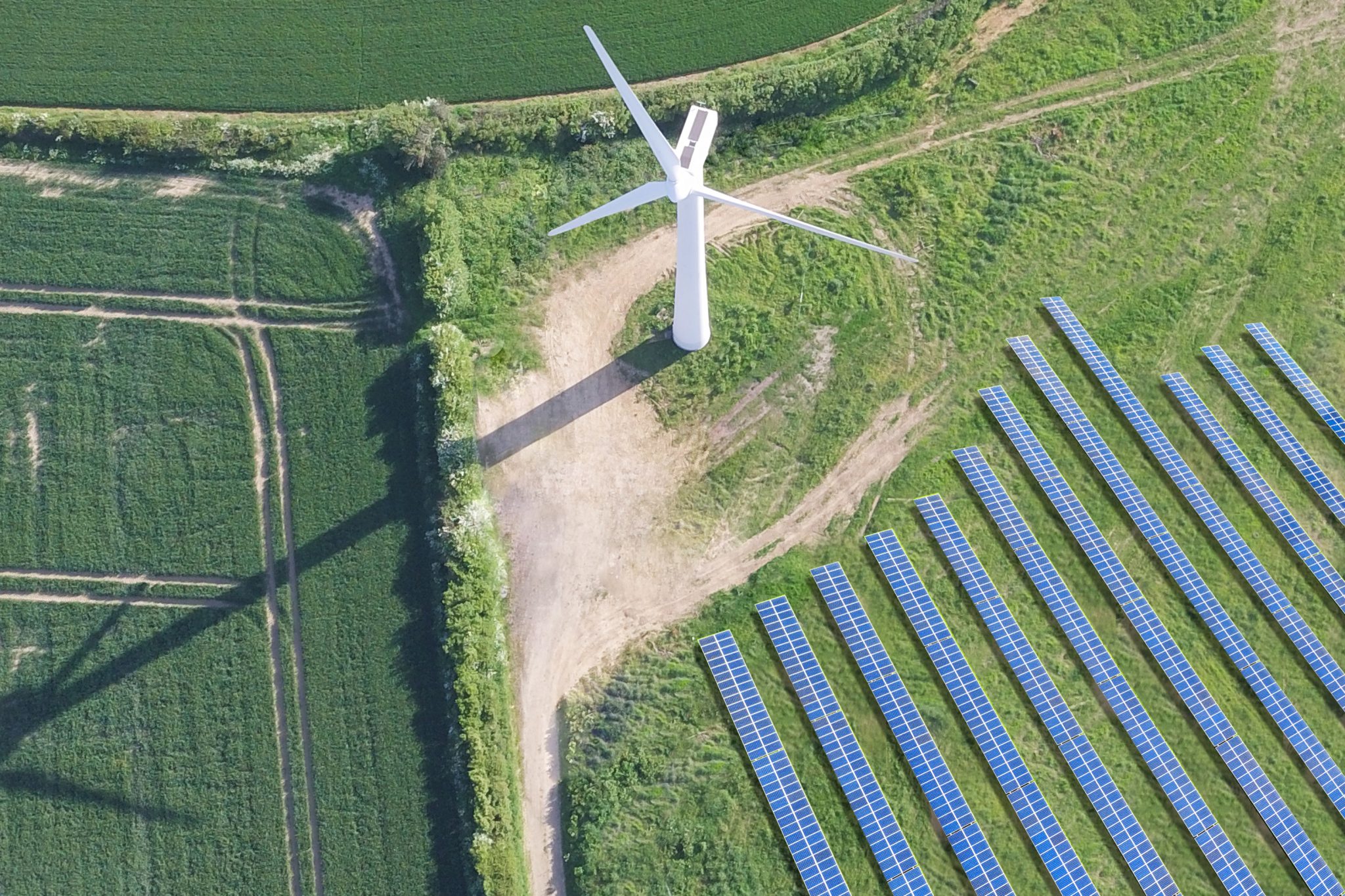We are the independent expert in risk management and a provider of future-fit assurance services, that are digital, automated and data driven. Our services are demonstrably market leading and value adding and solve real problems. Driven by our purpose, to safeguard life, property, and the environment, we empower our customers and their stakeholders with facts and reliable insights so that critical decarbonization decisions can be made with confidence. DNV has a significant role to play in the ongoing energy transition. We do this by assuring that future energy systems work safely and effectively with (increasingly digital) solutions that focus on managing risks and opportunities.

As a trusted voice for many of the world’s most successful organizations, we take an active role in addressing the complex challenges facing our customers in the power and renewables, oil and gas, maritime and management systems industries.
DNV: Our story
DNV’s roots stretch back to 1864, when Det Norske Veritas (DNV) was founded as a membership organization in Oslo, Norway, to provide reliable and uniform classification and taxation of Norwegian ships. Three years later in Hamburg, Germany, a group of 600 ship owners, shipbuilders and insurers gathered to form Germanischer Lloyd (GL), a new non-profit association to evaluate the quality of ships and deliver the results to stakeholders.
Over the years, DNV and GL diversified into other markets where alliances and mergers, and acquisitions became a strong strategic driver for both companies. In 2009, GL acquired the world’s largest wind energy consultancy, UK based Garrad Hassan. This Bristol based consultancy was established in 1984 in response to a growing need for independent advice on wind energy.
The DNV GL Group became operational on 12 September 2013 after the merger of DNV and GL. In 2017, the Foundation Det Norske Veritas assumed full ownership of DNV GL and in 2021 the company changed its name to DNV.
The simpler name will be an even stronger trust mark for customers in the future, backed by the strength of 157-year-old legacy with a purpose to safeguard life, property, and the environment. Today DNV has 12,000 employees, working across 100 countries.
Enabling innovation
Through our advisory work, we help our customers to find new solutions to the challenges they face. We invest substantially in research, development and innovation (RDI) to provide a trusted voice and value to our customers and society at large. Our development and innovation activities are focused on enhancing services and evolving digital solutions, as well as providing scientific legitimacy, thought leadership and forecasts on the world’s major transformations.
Regional importance
Bristol is seen as a leading city in the UK for low carbon initiatives, as recognized by its title ‘Green Capital of Europe for 2015’. Investment in the region continues to build on this legacy. Over the last 30 years, Garrad Hassan and now DNV has forged strong links with Bristol including key institutions such as the University, where DNV’s world leading wind turbine experts help to prepare the next generation of renewable energy engineers through visiting professorships and graduate schemes.
Bristol continues to be an important location for DNV with over 150 power systems experts based in the city, ready to help some of the world’s leading companies to navigate the energy transition.nDNV’s expert teams in Bristol have contributed to world leading projects, including supporting Ørsted as lenders’ technical advisor to the 1.2 GW Hornsea Project One offshore wind farm and acting as lead partner in National Grid’s Offshore Coordination Project, directly contributing to the UK’s £46 billion low carbon and renewable energy economy.

Accelerating the energy transition
DNV is excited to continue to progress the rapid energy transition between now and 2050. In fact, this transition represents the greatest source of risk, and opportunity, in our business environment. According to DNV’s Energy Transition Outlook, by mid-century we expect to see an energy mix split roughly equally between fossil and non-fossil sources, taking into account expected developments in policies, technologies and associated costs.
There is massive, ongoing electrification of the global energy system and electricity will more than double its share of the energy mix to over 40% by 2050. Tough business and policy choices lie ahead, but also plentiful opportunities for those who master the wave of the energy transition.
The UK has announced £160 million investment in wind power in a bid to fuel every home in the country with renewable energy within 10 years. This ambitious target will see the UK strive to become a ‘world leader in clean power’ with output rising from 30 to 40 gigawatts. Achieving this will depend on the expertise of the UK’s renewable energy experts and DNV’s Bristol based colleagues will play a significant role in making this green future a reality.













